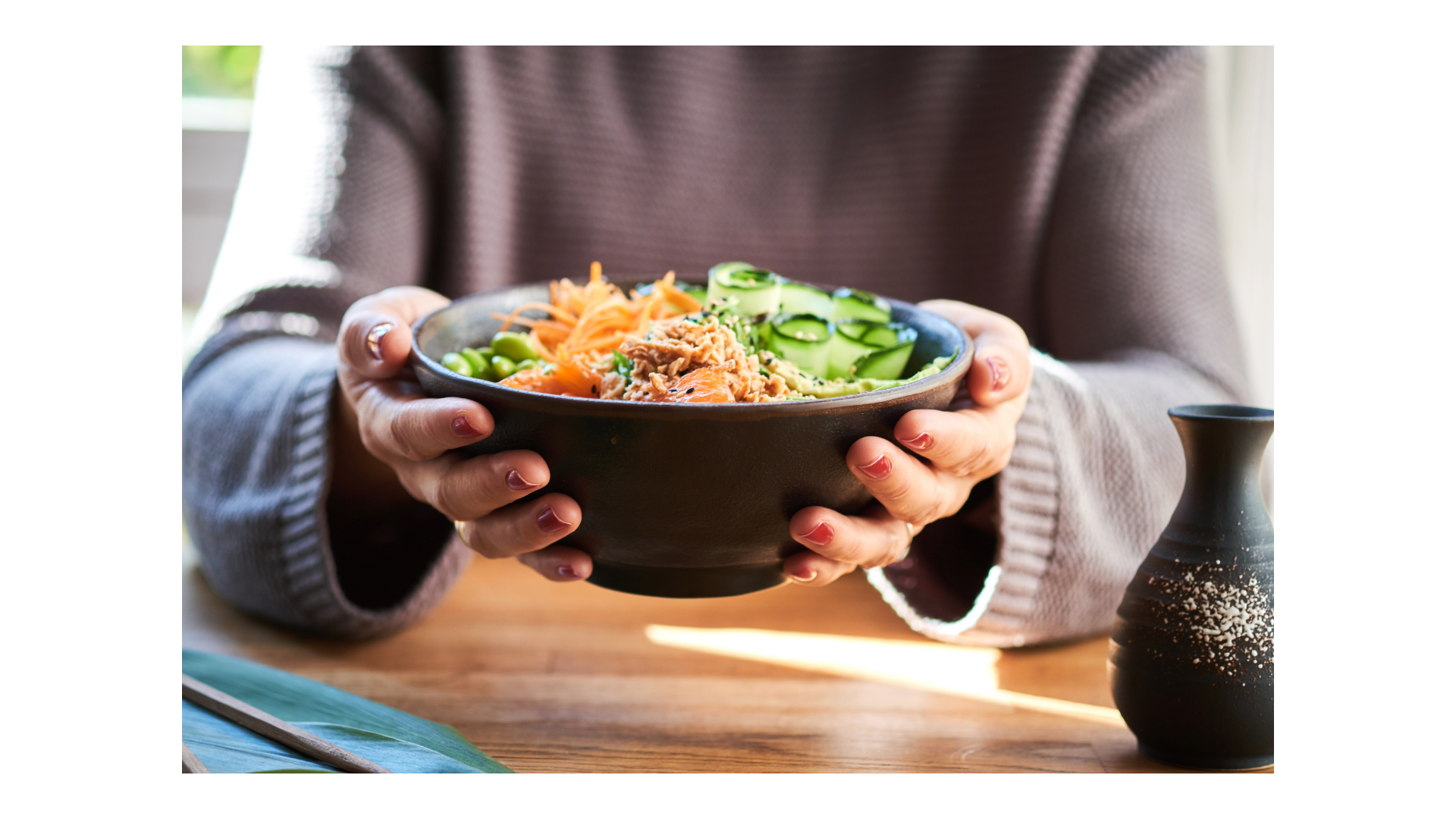Introduction
In my clinical practice, I have observed that the response to herbal treatment versus HRT varies significantly based on a woman's specific situation, particularly if she is going through natural menopause or has undergone a surgical intervention like a hysterectomy.

1. Women with Natural Perimenopause/Menopause
Women experiencing a natural transition into perimenopause or menopause generally respond very well to herbal treatments. My clinical observations include the following outcomes:
- Rapid Symptom Relief: Night sweats often improve on the first night of taking herbs.
- Improved Sleep and Energy: Patients experience better sleep quality, more stable energy throughout the day, and significantly less hot flashes, if any at all.
- Emotional Stability: Mood swings and irritability are significantly reduced, leading to greater emotional stability.
- Enhanced Skin and Hair Health: Many patients report a noticeable improvement in their hair and skin, reflecting the nourishing effects of the herbs.
Although, not really subjectively reported, the herbs help with cardiovascular heath. Unfortunately, there is an increased risk of heart disease after menopause, too (Lee et al., American Journal, 2022).
Why Herbs Work Well for Natural Menopause:
Herbs in Traditional Chinese Medicine (TCM) focus on balancing Yin and Yang, nourishing Blood, and supporting multiple organ systems. They work not just on estrogen and progesterone pathways but also help balance the adrenal, cardiovascular, digestive, and emotional aspects of health. The holistic approach helps women thrive during their transition and improve overall well-being.
2. Women with Hysterectomy and Ovarian Removal
Women who have had a hysterectomy with their ovaries removed (surgical menopause) have a different experience. Without the natural production of estrogen and progesterone, their symptoms can be more intense, and herbal interventions alone may not be strong enough to address the sudden loss of hormones (Pillay et el., Best Pract Res Clin, 2022)
In My Practice:
- Improvement with Herbs but More Support Needed: These women do experience improvement with herbs, particularly in areas like mood, energy, and stress response. However, the results are not as immediate or comprehensive as those seen in women undergoing natural menopause.
- Better Success with HRT in Surgical Menopause: For these patients, incorporating HRT tends to provide a more complete symptom relief. The use of herbs can still play a complementary role in addressing other areas that HRT may not fully cover, such as emotional regulation, digestion, and sleep.
The Benefits of Using Herbs for Menopause First
In my clinical experience, starting with herbs is often a highly effective strategy for women experiencing menopause naturally. Here's why:
- Multi-System Support: Unlike HRT, which primarily targets estrogen and progesterone, herbs support a range of bodily functions, including adrenal health, cardiovascular, digestion, and emotional balance. Also, HRT if started too late does not have the same cardiovascular protective properties (Lemay, J Obstet Gynaecol Can, 2002)
- Fewer Side Effects: Herbs generally have fewer side effects compared to HRT side effects (Cagnacci, Venier, Medicina, 2019) and can be customized for each individual's unique needs. The herbs used for menopause relief can sometimes cause loose stool. Generally, after a few doses the stool firms up. However, if it persists an experienced herbalist will know to adjust the formula or dosage to prevent the side effect.
- Improving Overall Health: Women often notice an improvement not only in their menopausal symptoms but also in their overall vitality, including better skin, hair, mood, and energy.
RELATED: Are herbs safe with estrogen positive cancers?
HRT and Herbs: A Combined Approach
For some women, especially those who have had surgical menopause or whose symptoms are particularly severe, HRT may be necessary. That doesn't mean herbs are off the table—quite the contrary. Using herbs alongside HRT can provide benefits beyond what HRT alone offers:
- Customized Herbal Formulas for Better Symptom Management: I often create custom herbal formulas to help women address specific symptoms that HRT may not cover, such as anxiety, digestive issues, or sleep disturbances.
- Balancing Hormonal Systems: Herbs can help support the adrenal glands and stabilize other hormone pathways that are impacted during menopause, complementing the hormonal support provided by HRT.
Studies and Evidence Supporting Herbs and HRT for Menopause
While each woman's response to herbs or HRT will vary, research has shown the effectiveness of both treatments in alleviating menopause symptoms:
- Herbs for Menopause: Studies have found that certain TCM herbs like Dang Gui (Angelica sinensis), Bai Shao (Radix Paeoniae Alba), and Shan Yao (Chinese Yam) are effective in reducing hot flashes, night sweats, and mood changes. Their action on multiple body systems provides a holistic approach to managing symptoms (Franco, JAMA, 2016).
- HRT for Symptom Relief: HRT remains one of the most studied and widely used treatments for severe menopause symptoms, particularly for women who are surgically menopausal or have debilitating symptoms. It directly replaces estrogen and progesterone, providing quick relief from symptoms like hot flashes, vaginal dryness, and bone loss (Vigneswaran, Hamoda, Best Prac Res Clin Obstet, 2022).
When to Choose Herbs Over HRT (and Vice Versa):
- Start with Herbs: If you are experiencing natural menopause and your symptoms are mild to moderate, herbs may provide all the support you need.
- Consider HRT If... Symptoms are severe, impacting your quality of life, or if you’ve had a hysterectomy with the removal of ovaries. Always work with a practitioner to customize your treatment for optimal results.
The most common herbal formula I use in my practice for menopause relief is Balance Spring
Conclusion: Finding Your Path to Menopause Relief
Both herbs and HRT can play a valuable role in menopause management. While herbs offer a natural, multi-system approach that often provides fast relief for natural menopause, HRT may be necessary for more severe cases, especially surgical menopause. An individualized plan that takes into account your symptoms, history, and preferences can provide the most comprehensive and effective support.
If you’re navigating menopause and are unsure which approach to take, consult a qualified practitioner who understands both TCM and Western approaches to find the best path for your unique needs.
Looking for Herbal and Supplement Help? Book an online consultation here:
Dr. Kyle Burton, DAOM, NCCAOM, LAC






